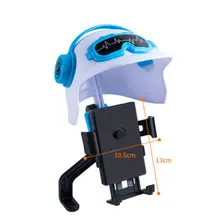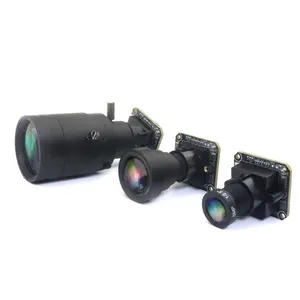
Alibaba.com showcases a diverse array of 4K cameras, catering to both professional videographers and casual users. The selection includes advanced models like PTZ (Pan-Tilt-Zoom) cameras, which are ideal for remote teaching and live event coverage due to their wide optical zoom capabilities. For content creators and vloggers, there are camcorders with high-resolution IPS screens and features tailored for YouTube video production, boasting impressive megapixel counts and frame rates.
Action camera enthusiasts can explore waterproof and rugged options designed for underwater and extreme sports filming, with features such as high frame rates for smooth slow-motion playback. These cameras often come with WiFi connectivity, allowing for easy sharing and live streaming. Additionally, compact digital cameras with 4K video capabilities offer a balance of portability and performance, suitable for vlogging and on-the-go content creation.
Surveillance and security needs are met with a variety of IP cameras equipped with AI-driven human detection and smart tracking features, ensuring safety and security with high-definition video quality. For those seeking cutting-edge technology, options include cameras with dual-lens systems, night vision, and motion detection, providing comprehensive monitoring solutions.
The platform also lists specialized cameras like the pocket cinema cameras for filmmakers and mirrorless models for those who prefer a lightweight yet powerful device. With a focus on connectivity, many of these 4K cameras support WiFi and are compatible with various devices, enabling business users to maintain seamless workflows.














































 浙公网安备 33010002000092号
浙公网安备 33010002000092号 浙B2-20120091-4
浙B2-20120091-4